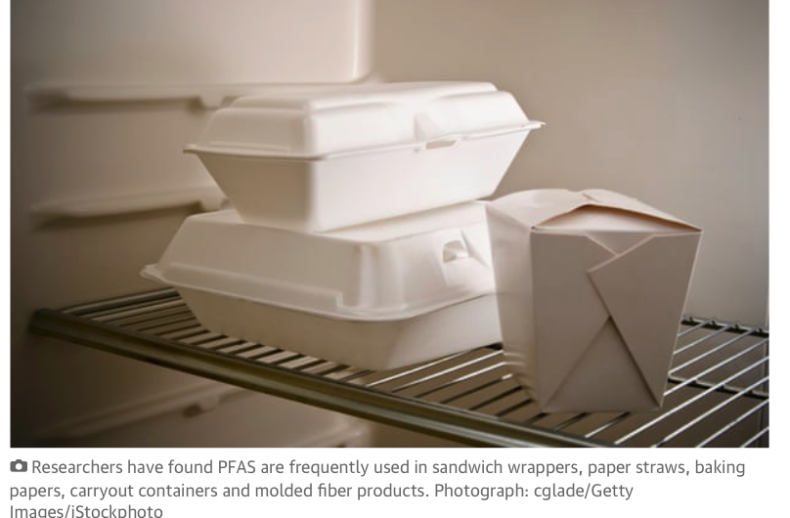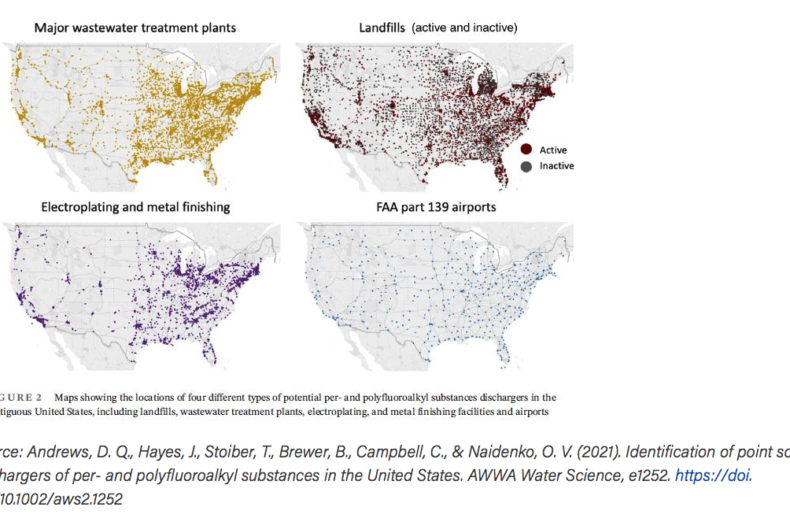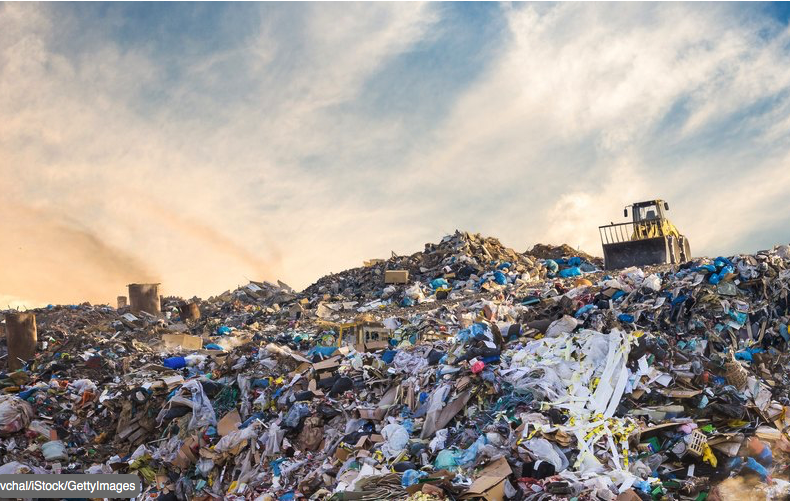PFAS are also commonly applied to nonstick aluminum wrap and in bulk plastic containers used to store flavorings. Studies show that the chemicals can leach from packaging into food and are linked to cancer, liver disease, kidney problems, decreased immunity, birth defects and other serious health problems.



